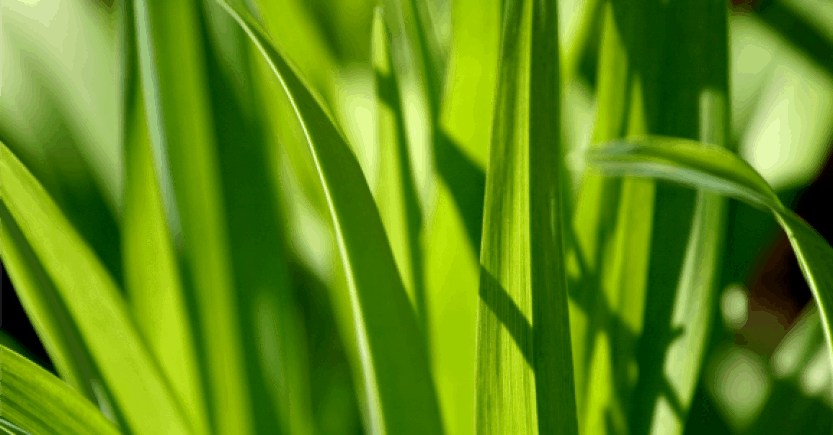14 Natural and Integrative Approaches to ADHD
There is no single cause for the widespread problem of attention deficit hyperactivity disorder (ADHD) and no single solution to the problem. While it is human nature to want a quick fix, a “silver bullet” to calm and focus a child or adult, a comprehensive approach may be needed to balance the central nervous system.
It’s well known that drug therapy research is funded by deep-pocket pharmaceutical companies, while studies on natural approaches flounder, waiting for funding that barely exists. As a result, scientific reviews of integrative approaches often point out that there are not enough studies to recommend them. This is no surprise. Drug companies speak louder than families and clinicians who report that they have seen improvement in ADHD symptoms with approaches that are often easy and inexpensive to implement.
Several key complementary therapies for ADHD warrant consideration. Families may need a practitioner trained in biomedical or natural approaches to assist them in their efforts. Other times they can experiment on their own with approaches such as allergy control or dietary adjustments.
ADHD reflects an imbalance that needs to be addressed. It is one thing to spurn conventional medication due to lack of improvement or concern over side effects. But families shouldn’t stop there. They need to do something constructive to get to the cause of the problem and provide relief for a hyperactive or highly distracted child.
We are providing the list below of some of the complementary efforts that have shown promise for ADHD to varying degrees, depending on the individual situation.
- Botanical supplements (Gingko, ginseng, pine bark extract )
- Balancing abnormal mineral levels
- Addressing toxic overloads (i.e. lead, cadmiun)
- Supplements with iron, magnesium, and zinc
- Essential fatty acids in diet and/or supplements
- Maintaining consistent and healthy blood sugar level
- Dietary restriction of chemical additives
- Avoiding foods person is allergic or sensitive to
- Avoidance of scented products and everyday toxic chemicals
- Avoidance of allergens in the environment
- Neurofeedback (biofeedback)
- Homeopathy
- Meditation and yoga
- Exposure to “green” space
Keep in mind that focusing on one of these areas while overlooking other significant issues can give confusing results. For example, a child may be low in magnesium, yet supplementing with magnesium while allowing a child to eat foods with artificial dyes they are sensitive to will probably not show positive results. A multifaceted or comprehensive approach to issues that are impacting a child can be expected to have the best outcome.










Has anyone had any experience with NAC? My daughter (age 6) was diagnosed with ADHD and OCD. She was put on Intuniv and taken off due to anger issues and the Straterra 25 mg. She was angry all the time and had many terrible moments. Her psychiatrist recommended NAC 600 mg once a day at night. Any insight would be very welcomes. Thank you